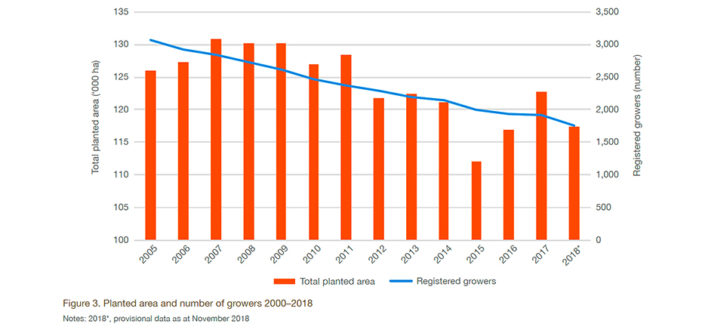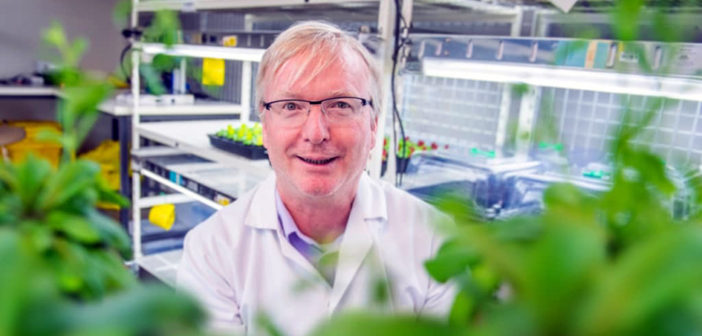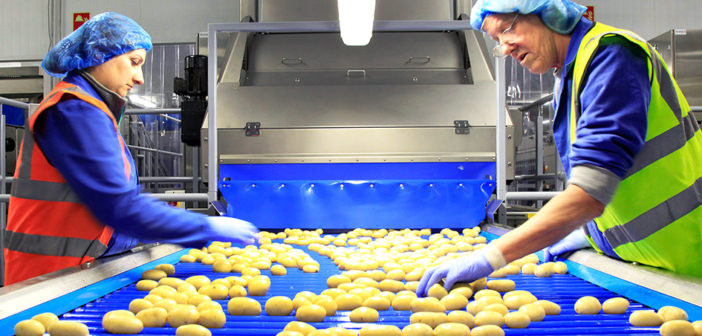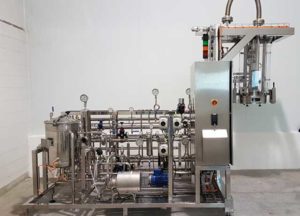In today’s fast
moving food and drink industry innovation is king. Everyone is looking for the
next product to give their business the edge and food fashions and trends come
and go with increasing speed. Food manufacturers often need to use seasonal
ingredients, potentially offering limited edition flavours or varieties of key
products: from herbal ice creams and summer berry drinks, to fruity condiments
and vegetable smoothies.
As a result, the life of
innovative products is often shorter than has been seen previously and it can
be hard for new product developers and marketers to pick which will survive in
the market and which will fall away. All of these factors create challenges for
operational factories and production lines. No business wants to invest in a
fully-scaled line for a product that may have limited (albeit still successful)
sales.
The new HRS
Asepticblock Mini Series allows manufacturers to produce new trial products
with the minimum amount of product in a short time, reducing the unnecessary
expense or wastage that can accompany full scale trials, and alleviating the
need to suspend or interfere with the routine production of regular products.
It allows the reproduction of a full scale final pack, but from as little as 20
to 50 kg of product.
Matt Hale, International
Sales & Marketing Director at HRS, explains the driver behind this concept:
“The Aseptic Mini Block
Series was born from the need of many of our small- and medium-sized customers
to produce relatively small quantities of aseptic products, but who are
prevented from doing so by high upfront capital costs and low return on
investment.
Traditional aseptic
processing lines consist of two sections; one section is the steriliser or
pasteuriser (based on a suitable heat exchanger according to the product type),
and the other is the aseptic filler.”
The HRS Asepticblock
Mini Series is designed for such producers working with a range of high value
products including fruit and vegetable purees, fruit based products,
condiments, sauces, soups, prepared foods and many others. The design combines
both the steriliser/pasteuriser and aseptic filler in one package, mounted on a
single frame with a single control panel. As well as resulting in a compact and
flexible unit which requires less space, the material and manufacturing costs
are significantly reduced, meaning that prices for the Asepticblock Mini are up
to half of those associated with conventional units.
One of the first customers
is a multi-national food and beverage company, specialising in the production
of own-label fruit products, juices, smoothies, drinks and ice cream. “With just 20 to 50kg of product, the
company can replicate their full industrial process, producing the end product
in the same aseptic format as they would with the full industrial scale system,”
explains HRS Heat Exchangers’ Technical Manager Francisco Hernández Ortiz.
“The Asepticblock Mini was installed in their Spanish production plant and linked to other equipment, such as blending tanks and homogenisers, so that they are now able to process a wide range of different products on-site without the need for any external processes. This has greatly increased the agility of their R&D process and facilitated new product development.”
The post Assisting product development with new mini aseptic solution appeared first on HRS Heat Exchangers.









